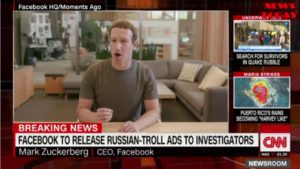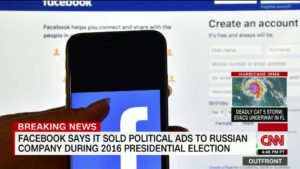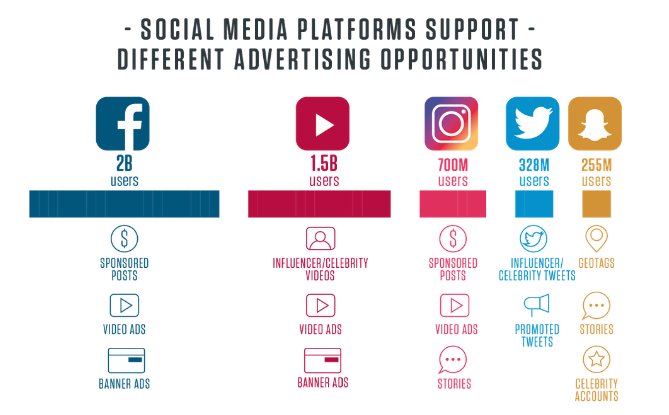It’s no good fighting an election campaign on the facts, because actually it’s all about emotion.
This is just one quote from an investigative report conducted by Channel 4 News in the UK. The person quoted above is an employee of Cambridge Analytica. You may have heard of the big data marketing company when their use of data harvested from 50 million Facebook users was revealed this week. The use of big data in political campaigns is not new, but it is being pushed to new heights by companies who appear to be unconstrained by established ethical norms. Here’s the entire Channel 4 video…
While opposition research is not new, there appear to be new efforts to push the limits of op research to include entrapment, bribery, and investigative reporting motivated by a political agenda. This is not just muck raking, but rather “muck making.”
Just to be clear, the use of Facebook’s data is not a data breach or hack. This is how big data works and everything you do online is being scooped up by someone who wants to use that information to advance their agenda. It might be selling you something like a new pair of socks, or maybe a health insurance policy, or maybe…a president.
Want to make sure that your data on Facebook won’t end up compromised? Electronic Frontier Foundation has you covered with this explainer on how to change your Facebook API settings.
I’ll leave you with one more quote from the video above…just to make it clear that the stakes couldn’t be higher.
“… we just put information into the bloodstream of the internet, and then, and then watch it grow, give it a little push every now and again… like a remote control. It has to happen without anyone thinking, ‘that’s propaganda’, because the moment you think ‘that’s propaganda’, the next question is, ‘who’s put that out?’.”
More at Nieman Labs.

 The age-old question about media content and make-believe violence comes up every time we have a horrific incident of violence in real-life. Movies, video games, and now fully-immersive VR are the focus when well-meaning crusaders attempting to explain, or reduce, violence and mayhem in our schools and streets.
The age-old question about media content and make-believe violence comes up every time we have a horrific incident of violence in real-life. Movies, video games, and now fully-immersive VR are the focus when well-meaning crusaders attempting to explain, or reduce, violence and mayhem in our schools and streets.


